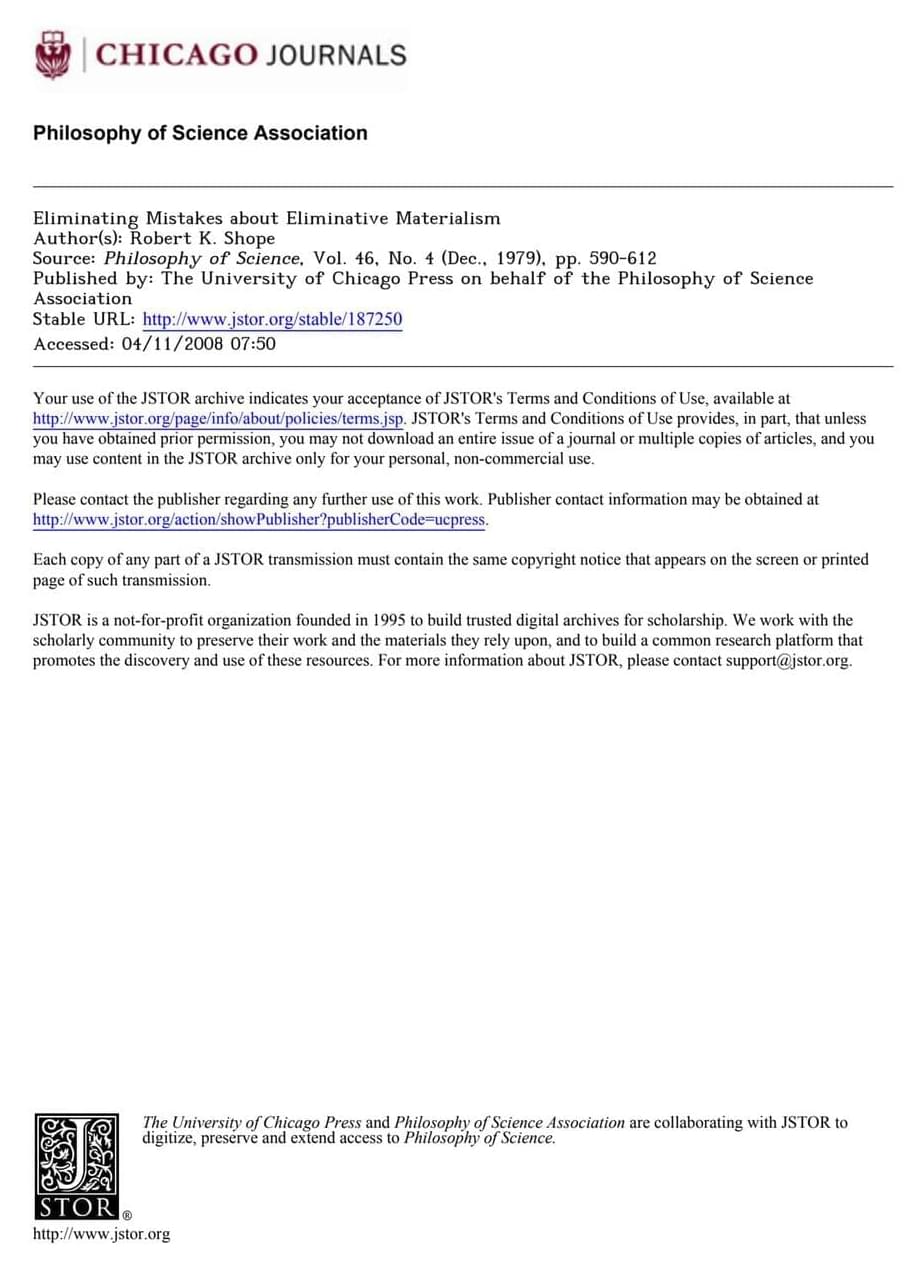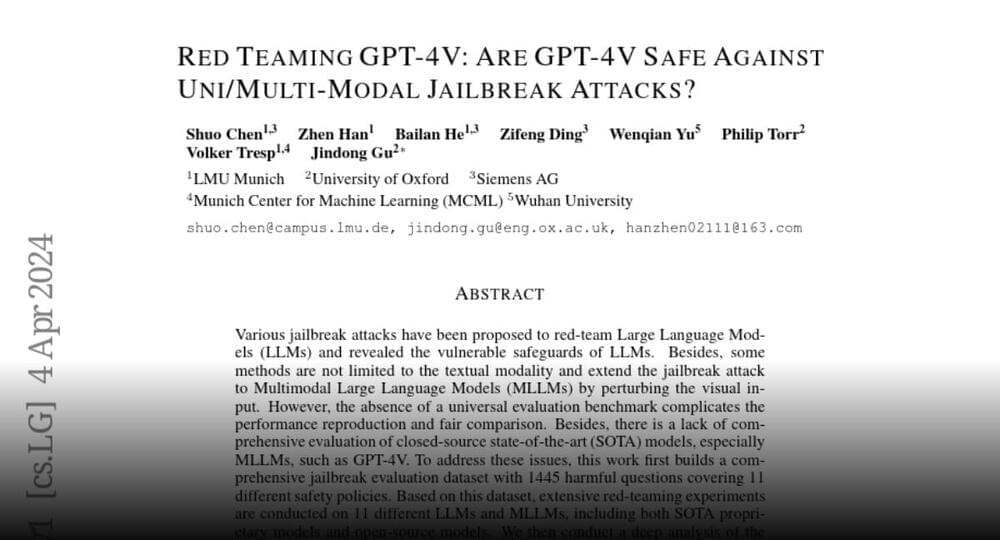While watching this eclipse I feel an overwhelming urge to look at the eclipse from between my fingertips and say “I crush your head” (@kids in the hall) 😉🤏☀️🕳
Category: futurism – Page 354







BREAKING: TESLA Robotaxi Unveil in August!! w/ Meet Kevin
Get Free TESLA Milestone Tables My website: https://www.TeslaInvestor.comCheck out 15+ modules of resources for the $TSLA InvestorJoin this channel or Patreo…
